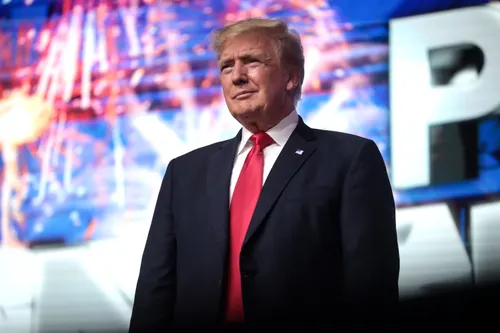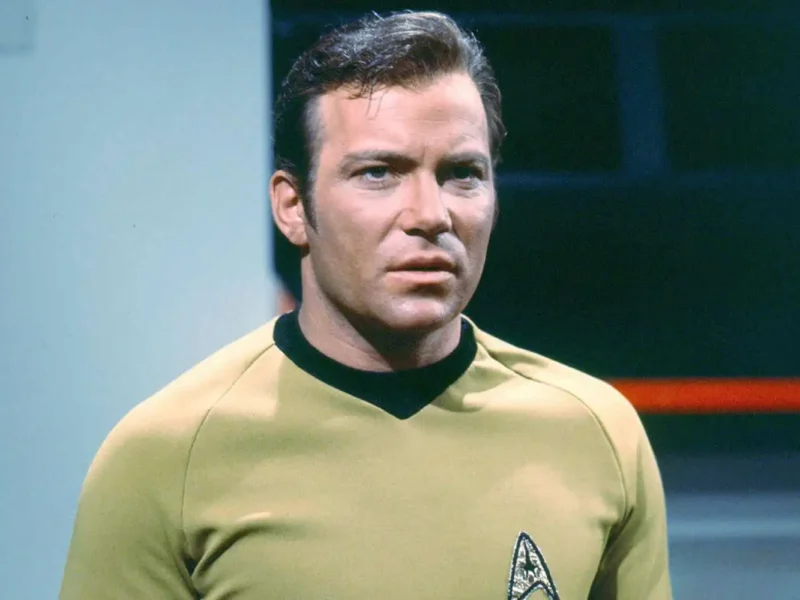Former President Donald J. Trump broke a brief period of public silence with a bold post on his social media platform, Truth Social, asserting that he “never felt better” and declaring Washington, D.C. a “crime-free zone.” The post quickly went viral, drawing widespread attention and sparking debates on both his health and the city’s crime statistics.
Trump Administration to Ramp Up Immigration Efforts in Chicago
What Happened
On a recent Sunday, Trump used Truth Social to address rumors about his health after several days without public appearances. In the post, he confidently stated he was in excellent health and spirits. Simultaneously, he made a striking claim about crime in Washington, D.C., calling the city a “crime-free area.” This statement ties into ongoing discussions about federal oversight and public safety strategies in the nation’s capital.
Who Is Donald Trump
Donald J. Trump served as the 45th President of the United States. He is a businessman, media personality, and a highly polarizing figure in American politics. Trump remains a leading Republican candidate for the 2024 presidential election and is known for his direct, often controversial communication style, particularly on social media platforms, where his statements frequently drive national news cycles.
Background and Timeline
Two key contexts surround Trump’s post:
Health Speculation: After days without major public appearances while at his golf resort in Virginia, rumors and speculation about his health circulated online. This is common for high-profile political figures, especially in the lead-up to an election cycle.
D.C. Crime Discussion: Trump’s statement about a “crime-free” Washington references urban crime rates and national debates on policing policies. The comment reflects a rhetoric of strong law enforcement leadership rather than an official assessment of crime data, contrasting with calls for police reform from progressive voices.
Public and Social Media Reaction
The response on social media was highly polarized. Supporters praised Trump’s vitality and his law-and-order message, interpreting the post as a rebuttal to critics. Conversely, opponents and fact-checkers challenged the “crime-free” claim, citing official crime statistics. Discussions around his health also intensified, with some questioning the timing and motivations behind the update.
What Happens Next
No additional official statements have been released regarding the post. Moving forward, Trump’s social media activity is likely to keep health speculation and public safety debates at the forefront of political discourse. Both supporters and critics are expected to leverage this moment to reinforce narratives about leadership, policy, and credibility during the upcoming election season.
Conclusion
Donald Trump’s viral post serves as a strategic communication tool, addressing health rumors while emphasizing law-and-order priorities. The declaration about D.C. crime highlights the polarized nature of political discourse and demonstrates how social media continues to shape public debate in the lead-up to elections. Whether celebrated or criticized, the post has secured a prominent place in the national conversation.


